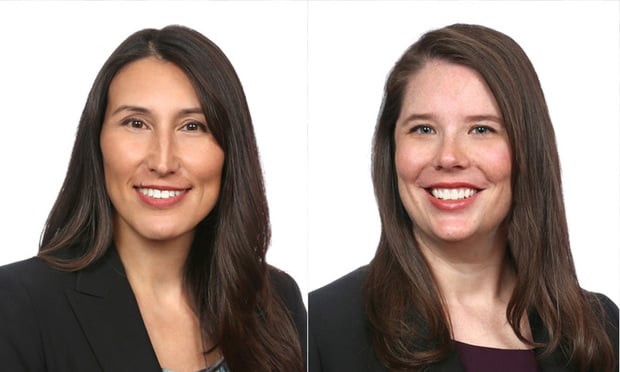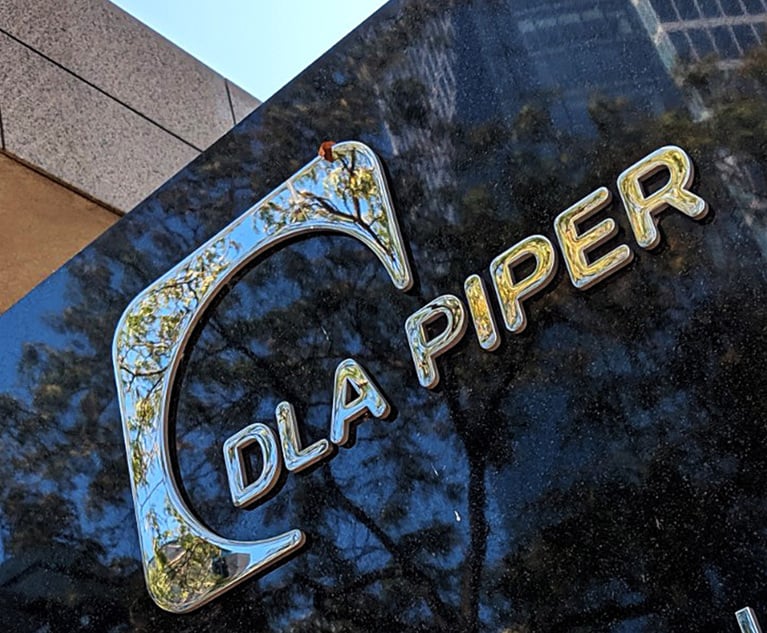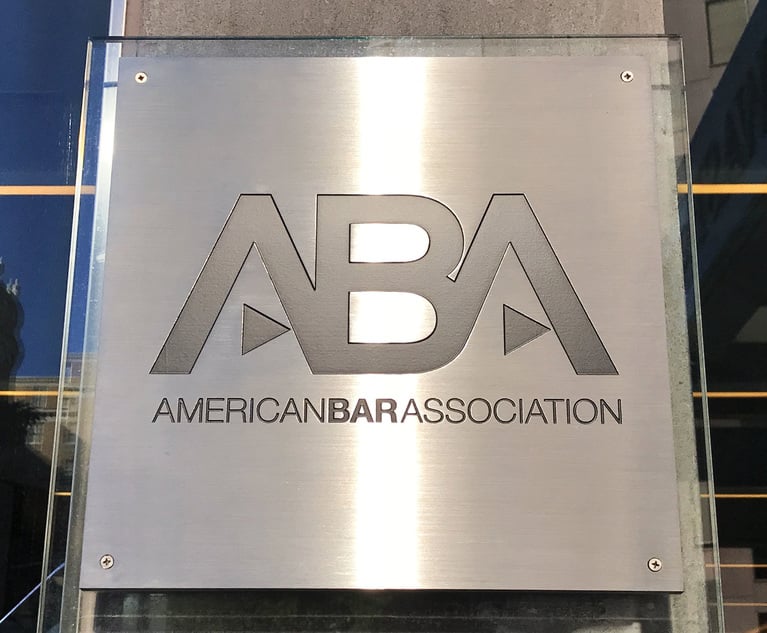Regular travelers are familiar with the protocols of international travel, such as complying with various countries’ requirements regarding possession of liquids or certain agricultural products. But what is an attorney to do if a customs agent asks to peruse the attorney’s smart phone? Or if a customs agent asks the attorney to identify the clients that attorney is meeting or working on behalf of in the foreign country? Such questions can create a tension for attorneys between their duty to comply with international travel directives and their duty to preserve confidential or privileged client information in their possession.
Whether international travel is required to conduct meetings, close international deals with foreign clients or participate in an international arbitration, trips abroad are becoming more common across various practices. As a result of the concerns over potential violations of attorney-client privilege at borders and airports, the American Bar Association, in a 2017 letter to Department of Homeland Security urged DHS to modify and clarify the relevant directives and to adopt “standards and procedures that [Custom and Border Protection] and [Immigration and Customs Enforcement] agents must follow before the contents of a lawyer’s electronic device can be searched or seized at the border.” Thereafter, last year, members of the ABA Standing Committee on Ethics and Professional Responsibility issued an electronic device advisory providing recommendations to traveling attorneys.


 Shari Klevens (left) and Alanna Clair, Dentons. (Courtesy photo)
Shari Klevens (left) and Alanna Clair, Dentons. (Courtesy photo)




